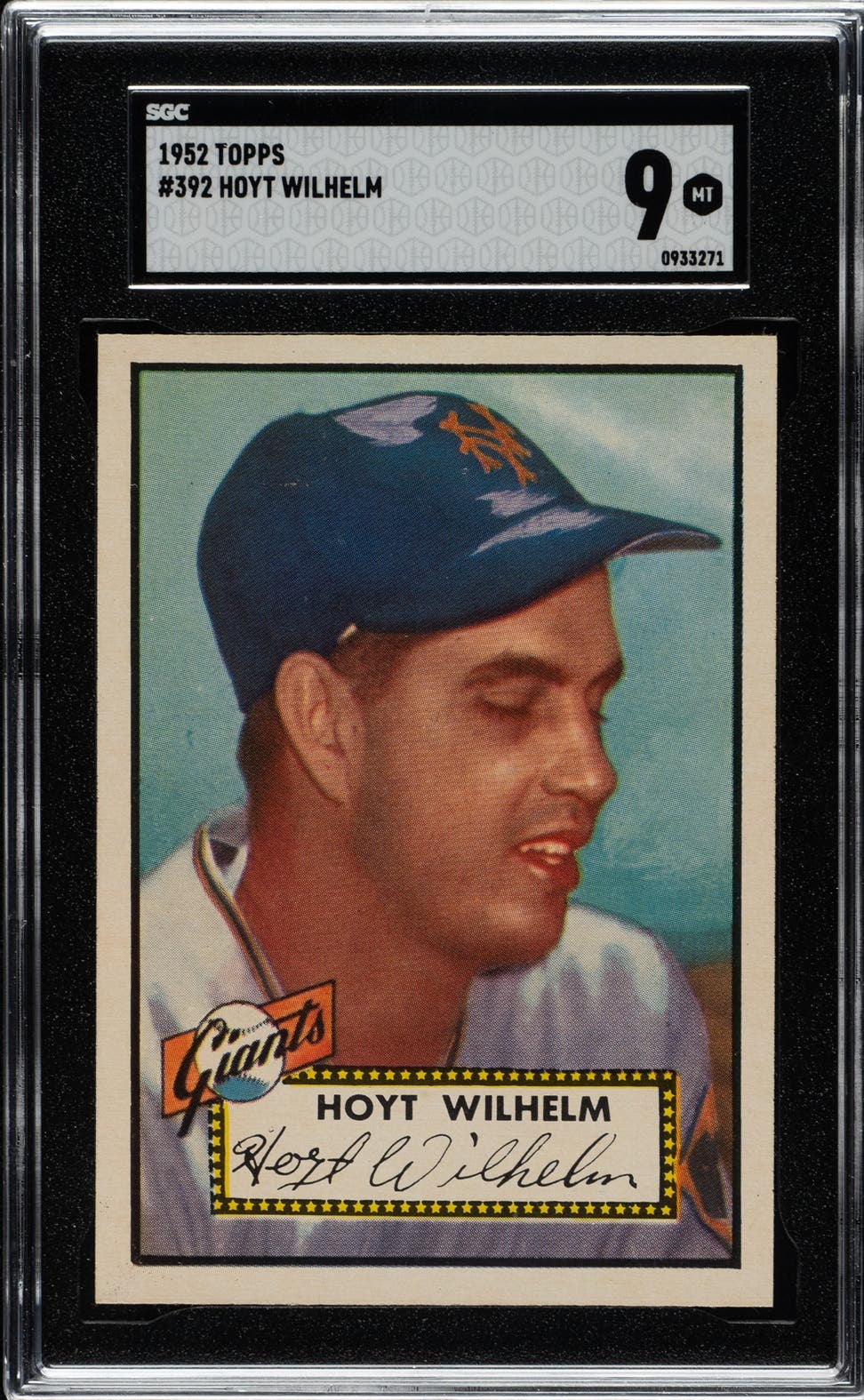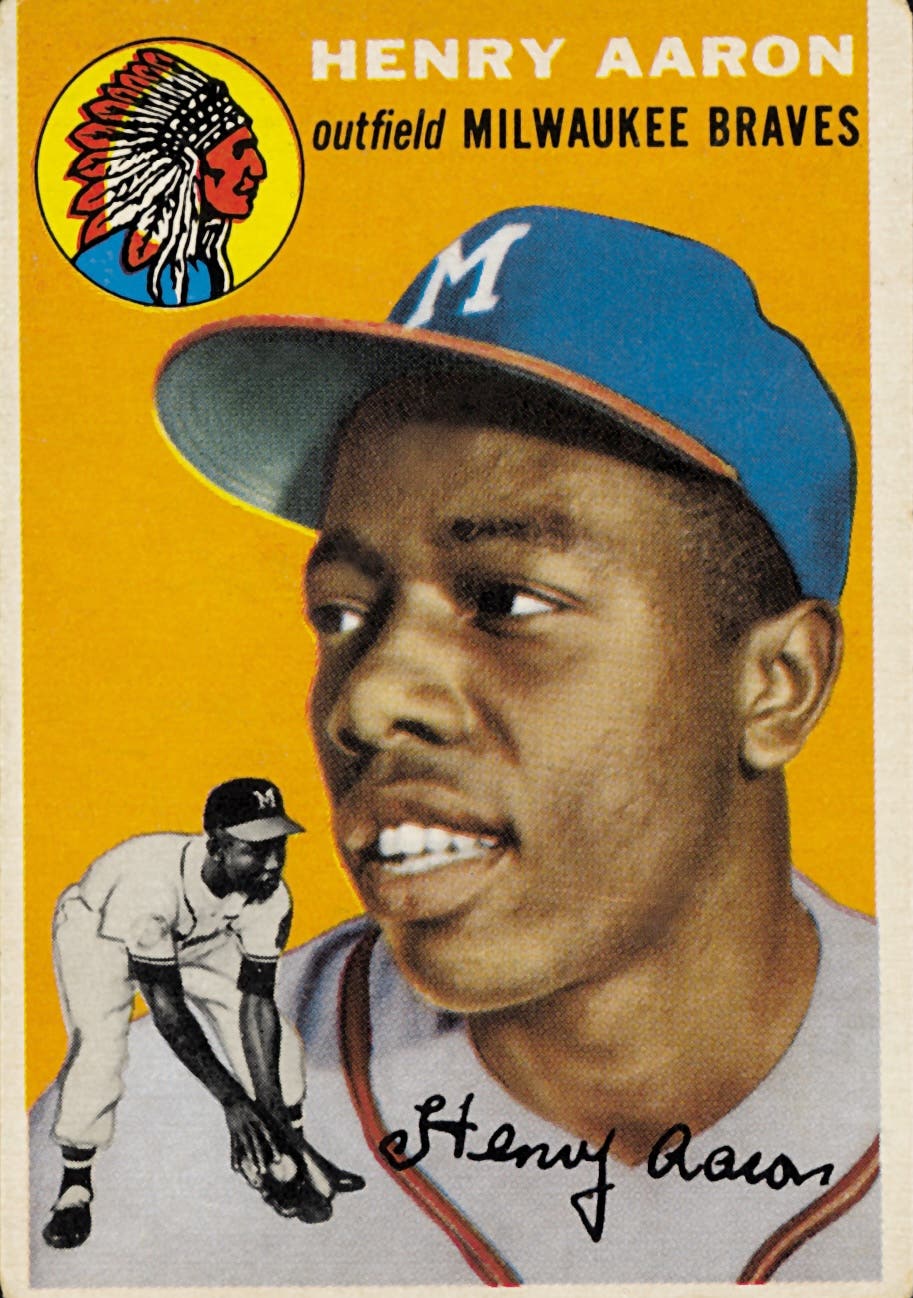News
Card Shops Adapting to the Times With Online Presence
By Greg Bates
Some days there aren’t a lot of customers walking through the door of Tri-State Baseball Cards.
Foot traffic has greatly decreased, especially in the last couple of years, and that worries Dave Orr.
Orr – who has owned his card shop in Dubuque, Iowa, for 25 years – may be out of business if it weren’t for his sales via the Internet. On its own, his brick-and-mortar shop isn’t cutting it any longer.
“Anybody who is smart in business is going to do it. The more products you can sell to different areas is just going to keep you going,” Orr said. “You just have to open up as many avenues as you can. That’s what I’ve tried to do because I’m in a very small market area.”
To succeed, card shops of any size and in any market need owners who can adjust to change and find other multiple outlets to sell their products.
It’s almost a case of natural selection – weeding out those card shop owners who can’t keep up with the seemingly ever-changing Internet and social media trends.
“I think that we’re to the point in our industry where the people who have full-time trading card stores are the cream of the crop,” said Adam Martin, CEO and co-founder of Dave and Adam’s Card World, which is based in western New York. “The people that didn’t embrace the Internet or didn’t change their way of doing things are gone by now. I think we have one-quarter of the stores (in the country) we had 10-15 years ago.”
Martin believes card shops are still valuable to have, even this day in age.
“I think most people would rather shop in a store if they’re well treated, because the Internet is so impersonal,” Martin said. “But it certainly is easier to shop online.”
Martin and his business partner Dave Silver opened their first retail store in May 1991 and very quickly advertised their products through print mediums such as Sports Collectors Digest. By the mid-1990s, Martin and Silver became one of the largest sellers by volume on eBay and started up a website a short time later.
“We certainly identified there was a worldwide audience for trading cards that is well beyond western New York, and aggressively entered that market to virtually now all of our business is online,” Martin said.
There are now four Dave and Adam’s Card World locations around Buffalo, N.Y., and business is thriving beyond belief. Martin figures his retail stores only account for 6 percent of all his company’s sales. Remarkably, one-quarter of purchases come from outside North America. Dave and Adam’s Card World’s website (www.daveandadamsstore.com) is where 90 percent of its sales are generated.
“We did a study not too long ago where something like 50 percent of our customer base doesn’t live within 20 miles of a hobby shop,” Martin said. “So less stores force people to the Internet.”
Where Dave and Adam’s Card World is skewed toward online purchases, Orr estimates 60 percent his sales are through his store, with 40 percent through other sources.
Orr, who is a retired teacher, started using eBay in 1998 to sell cards and has recently implemented social media, primarily Facebook, to acquire clientele and sell his products. He doesn’t have a website yet to sell his cards, but Facebook has been successful. Orr has also built a lengthy e-mail list over the years of customers to keep them informed about what he’s selling and what’s going on at his shop.
Ryan Bannister opened RbiCru7 Sports Cards & Collectibles three years ago just outside of St. Louis in Florissant, Mo., and his business has flourished. He started by simply selling cards in his store and quickly expanded into collectibles and memorabilia.
“My shop is like Pawn Stars in the sports form,” Bannister said. “I advertise I’m always buying, selling and trading.”
A lot of shops don’t want to buy any more, but Bannister isn’t like other shop owners. He’ll purchase less-desirable, high-distribution 1980s and ’90s cards if he can get them at the right price to move them quickly.
“I’m a notorious flipper,” Bannister said. “Our prices are priced right. We’re here to sell stuff. We’re not here to have the same thing collect dust for 20 years.”
Bannister, 30, is an aggressive, new-age card shop owner who wants to get his customers any cards, collectibles and memorabilia they might desire. Bannister doesn’t like sitting in his shop waiting for business; he creates business for himself. Bannister graduated from Southeast Missouri State in 2010 and has used his Internet and social media savvy to form a reputable company.
“I’m a marketing grad, so we do a lot of Facebook, Twitter, Craigslist, YouTube,” Bannister said. “Any way to get our name out there, I do it.”
Bannister’s biggest following is on YouTube, where he posts videos ranging from opening a box of wax packs to offering fun contests for customer interaction. He signed up for YouTube in 2008 and recently surpassed 2,500 followers. There’s a big card community on YouTube and Bannister is one of a very limited number of card dealers who has an account.
Bannister uses a basic website – www.rbicru7.com – to attract customers and advertise what he has at his store.
“We don’t have our inventory on there,” Bannister said. “It’s pretty much just a basic way to show the latest pulls in our shop, when our trade night is, when I’m going on the road. We’re a new breed; we’re not the old-school way.”
Bannister has a loyal customer base and his closest clients know when he hits the road to acquire cards throughout the country. When Bannister returns home from a trip, he’ll have 15-20 eager customers come in to see what he picked up.
Bannister uses www.checkoutmycards.com/Users/rbicru7 for actual card sales. He figures his online and store sales are split about 50/50.
“We do get a decent amount of foot traffic, but I still do online sales. My online sales are on eBay,” Bannister said. “You’ve got to have those things, to be honest with you. I’m up with what’s going on, and I’m still young.”
It’s the young, new-age thinking that is changing the card shop business.
“I think that’s the problem with a lot of the older guys, they’re stuck in their old ways, in my opinion,” Bannister said. “They don’t want to change. Thirty years from now because I grew up in this type of technology and marketing era, I’m going to adapt to change because I know in order to succeed you have to adapt to change.”
Even though his retail store isn’t selling like it used to, Orr has never thought about closing the doors permanently in Dubuque.
“I like doing the store thing because it gives me something to do,” Orr said. “I’m kind of a social-type person. Closing at this point is not an option. I don’t need to make money doing this. I’m not doing this for a living, I’m doing this as a hobby.”
Most card shop owners don’t have that luxury and need to make money.
Greg Bates is a freelance contributor to SCD. He can be reached at gregabates@gmail.com.








